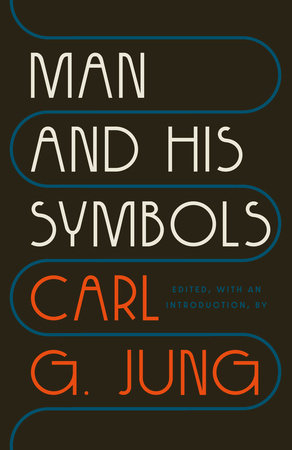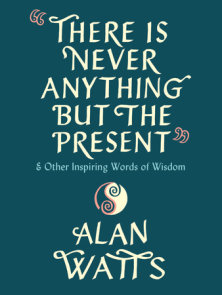

Add to Bookshelf
The Way of Zen
By Alan Watts
By Alan Watts
By Alan Watts
By Alan Watts
By Alan Watts
Read by Jeremy Stockwell
By Alan Watts
Read by Jeremy Stockwell
Best Seller
Category: Philosophy | Religion | Self-Improvement & Inspiration | Spiritual Nonfiction
Category: Philosophy | Religion | Self-Improvement & Inspiration | Spiritual Nonfiction
Category: Philosophy | Religion | Self-Improvement & Inspiration | Spiritual Nonfiction | Audiobooks

Paperback
$17.00
Jan 26, 1999 | ISBN 9780375705106
-
$17.00
Jan 26, 1999 | ISBN 9780375705106
-
Feb 16, 2011 | ISBN 9780307784346
-
Aug 23, 2022 | ISBN 9780593669792
527 Minutes
Buy the Audiobook Download:
YOU MAY ALSO LIKE

The Creators
Paperback
$21.00

Illuminata
Paperback
$17.00

Man and His Symbols
Paperback
$18.00

Free Women, Free Men
Paperback
$18.00

Einstein’s God
Paperback
$24.00

Madness and Civilization
Paperback
$20.00

Can I Recycle This?
Hardcover
$26.00

Essays in Understanding, 1930-1954
Paperback
$26.00

Why God Won’t Go Away
Paperback
$17.00
Praise
“Perhaps the foremost interpreter of Eastern disciplines for the contemporary West, Watts had the rare gift of ‘writing beautifully the unwritable.’”
—Los Angeles Times
Looking for More Great Reads?
21 Books You’ve Been Meaning to Read
21 Books You’ve Been Meaning to Read
×
Become a Member
Just for joining you’ll get personalized recommendations on your dashboard daily and features only for members.
Find Out More Join Now Sign In
















